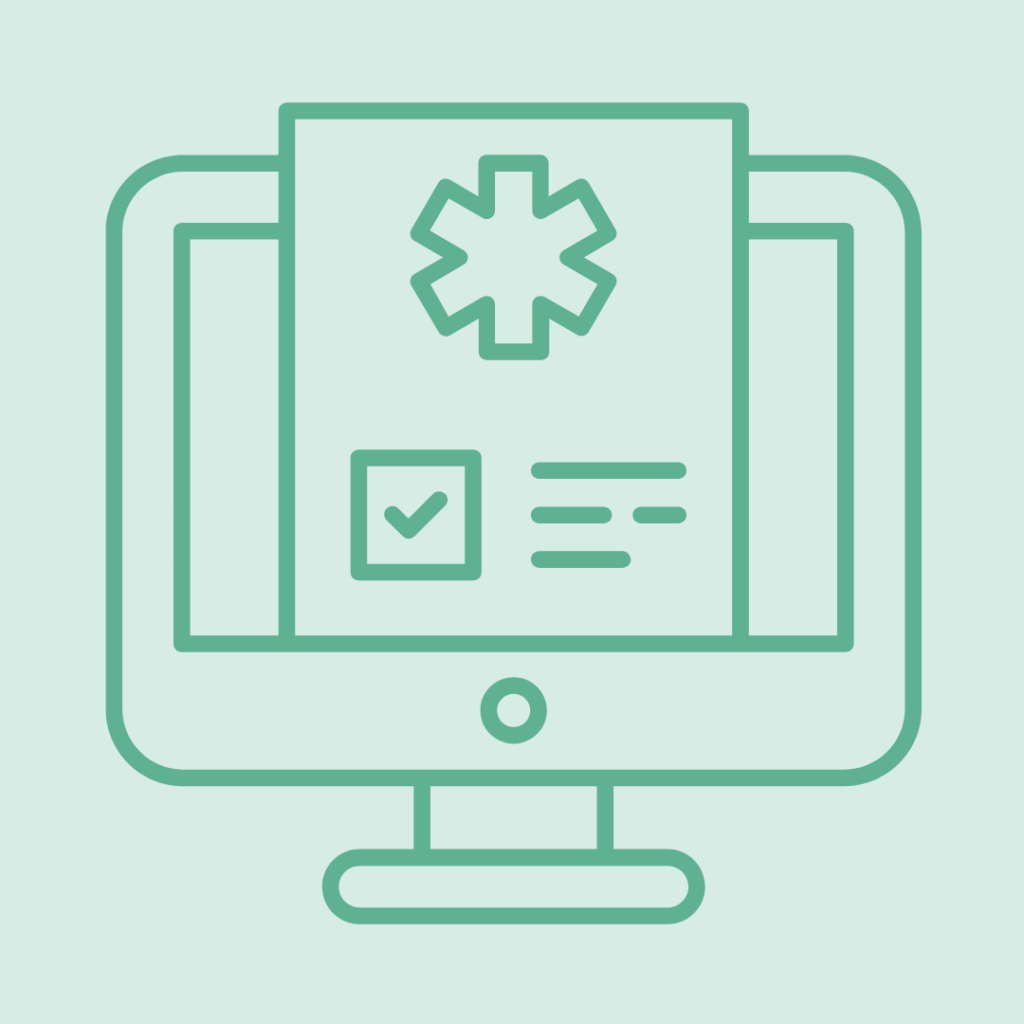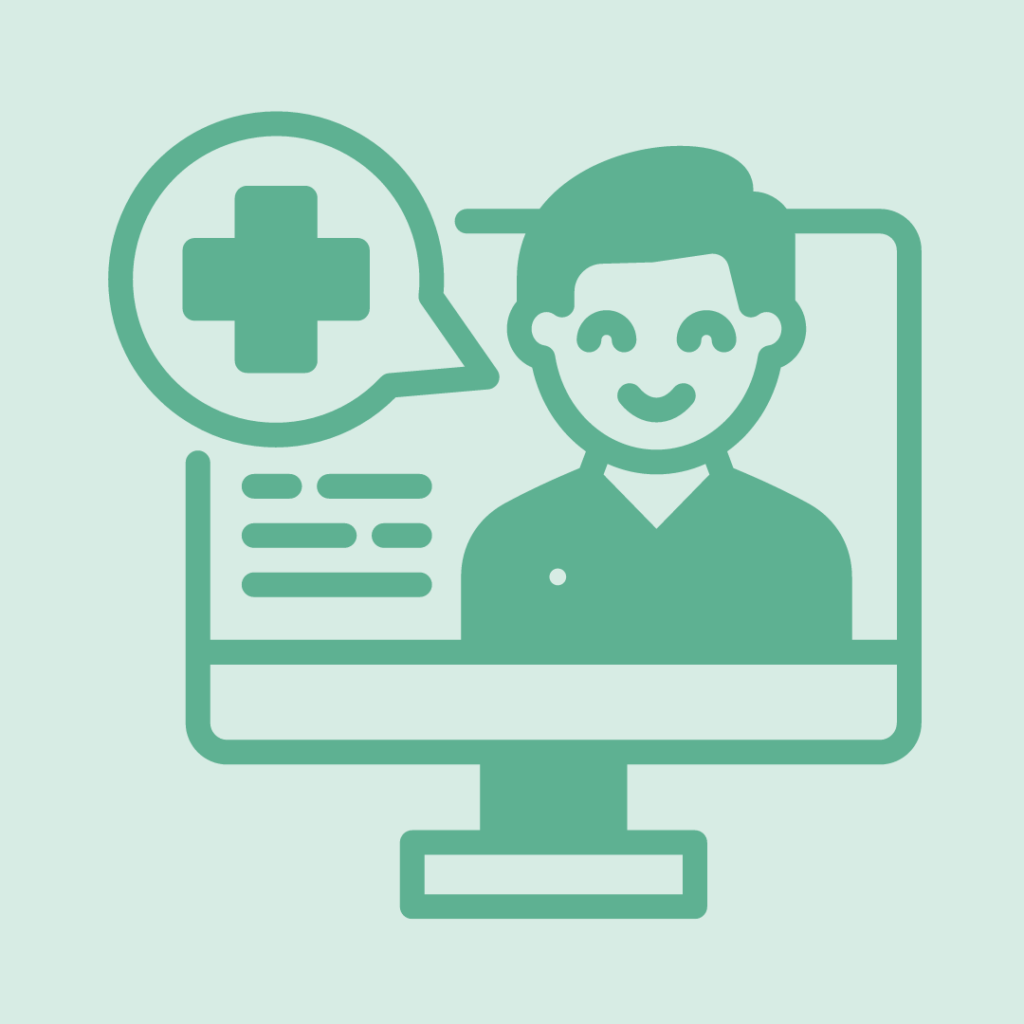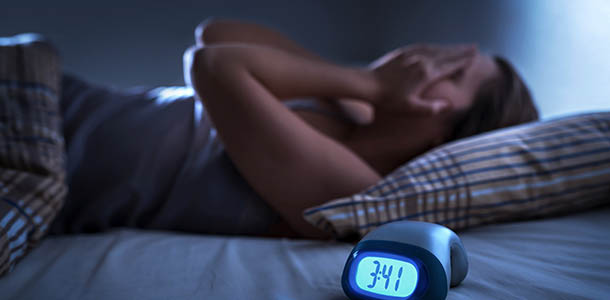Sleep disorder treatment
6am - midnight, 7 days a week
Accessible from anywhere in Australia.
eScript in minutes
Medication delivery

What is a sleep disorder?
A sleep disorder is a condition that affects the quality, timing, and duration of sleep, leading to impaired daily functioning. There are various types of sleep disorders, including insomnia, sleep apnea, restless legs syndrome, and narcolepsy. Poor sleep can have serious health consequences and impact mental and physical wellbeing.
Sleep Disorder Treatment Options

Online Prescriptions
- For when your script has run out
- Script sent to your phone
- Doctor approved

Telehealth Consultations
- When you need to speak to a doctor
- Online, Video & Phone Call or Message
- Fast access to medical advice
Medical Certificates
- For when your script has run out
- Script sent to your phone
- Doctor approved

Sleep Disorder Symptoms
Symptoms of sleep disorders vary based on the type but commonly include:
- Difficulty falling or staying asleep (insomnia)
- Excessive daytime sleepiness or fatigue
- Loud snoring and gasping for air during sleep (sleep apnea)
- Uncontrollable movements or discomfort in the legs (restless legs syndrome)
- Sudden episodes of sleep during the day (narcolepsy)
Understanding Sleep Disorders
Explore the causes, types, and complications related to sleep disorders.
Sleep disorders can be caused by stress, anxiety, poor sleep habits, chronic pain, shift work, and medical conditions like sleep apnea or restless legs syndrome. Certain medications, caffeine, and alcohol may also interfere with sleep quality.
Common types include insomnia (difficulty falling or staying asleep), sleep apnea (interrupted breathing), restless legs syndrome, narcolepsy (excessive daytime sleepiness), and circadian rhythm disorders (disrupted sleep-wake cycles).
Untreated sleep disorders can lead to fatigue, impaired concentration, mood changes, weakened immune function, and increased risk of chronic conditions such as heart disease, diabetes, and depression.

Need a Specialist Referral?Get Yours in a Few Simple Steps!
Skip the long clinic waits and get referred to a specialist in minutes. The process is fast, secure, and simple.
- Quick access to specialist referrals – no in-person appointments needed
- Telehealth consultations with trusted, licensed doctors
- Fast, reliable service – referrals sent directly to your chosen specialist
- Convenient and affordable healthcare from your home
- No hidden costs – just simple, upfront pricing
Frequently
Asked Questions
Sleep disorders can be caused by various factors, including stress, anxiety, depression, poor sleep habits, chronic pain, or underlying medical conditions like heart disease or obesity. Lifestyle factors such as excessive screen time, irregular sleep schedules, or substance use can also contribute.
Signs of a sleep disorder include difficulty falling or staying asleep, excessive daytime sleepiness, snoring or gasping for air during sleep, and unusual behaviors like sleepwalking. If poor sleep affects your daily life or persists for more than a few weeks, it may indicate a sleep disorder.
Yes, sleep disorders are very common and affect millions of people worldwide. Insomnia, for example, affects up to 30% of adults at some point, while obstructive sleep apnea is prevalent in 10-30% of adults.
Most sleep disorders are treatable with lifestyle changes, behavioral therapies, or medical interventions. Treatment may include creating a consistent sleep schedule, cognitive-behavioral therapy for insomnia (CBT-I), using devices like CPAP machines for sleep apnea, or medications when necessary.
Untreated sleep disorders can lead to serious health problems, including heart disease, diabetes, high blood pressure, depression, and weakened immunity. They can also impair memory, concentration, and decision-making, increasing the risk of accidents.
Maintaining good sleep hygiene can help prevent or reduce sleep problems. This includes sticking to a regular sleep schedule, avoiding caffeine or heavy meals before bed, creating a comfortable sleep environment, and limiting screen time in the evening.
You should consult a doctor if you consistently struggle to fall asleep, stay asleep, or feel refreshed upon waking. Other red flags include loud snoring, gasping for air during sleep, extreme fatigue during the day, or if poor sleep is affecting your mental or physical health.
